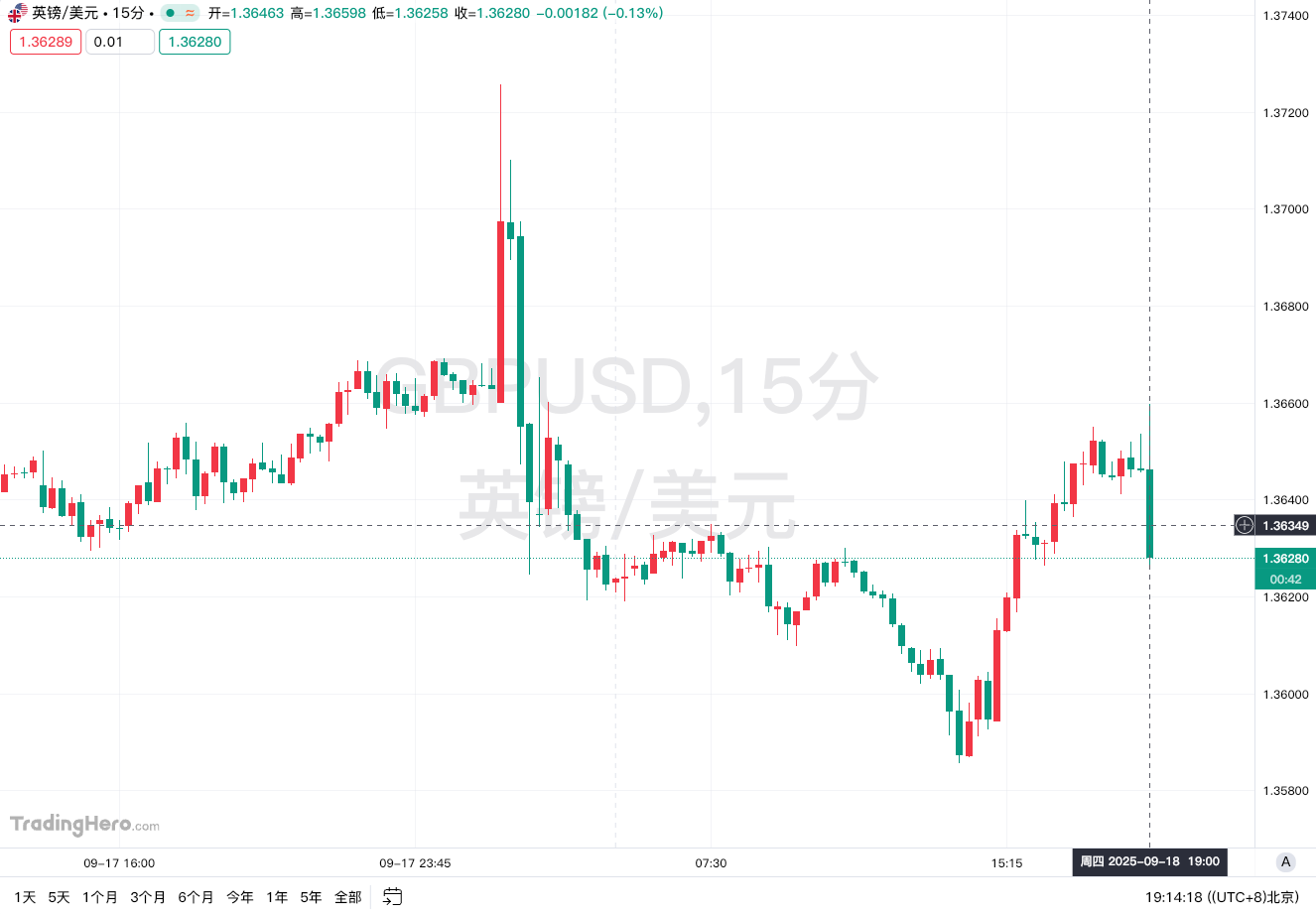Author: Summer Mersinger
Translation: TechFlow
Traditional financial institutions should actively embrace competition, rather than suppress emerging enterprises through anti-innovation regulatory measures, said Summer K. Mersinger, CEO of the Blockchain Association.
Healthy competition can drive innovation and bring better products to consumers, which is at the core of America's economic leadership. However, it is regrettable that with the bipartisan "GENIUS Act" officially signed into law, many traditional financial institutions seem to be wavering about the innovation that stablecoins bring to financial markets.
Bank lobbying groups and public affairs teams have continuously voiced complaints to Congress regarding this act, urging lawmakers to reopen discussions and amend the legislation to ensure that the stablecoin market does not grow too quickly, thereby protecting bank profits and limiting consumer choice.
This reaction is both exaggerated and unnecessary. What traditional financial institutions should really do is embrace competition and launch innovative products and services that consumers truly need, rather than suppress emerging enterprises through anti-innovation rules and regulations.
The "GENIUS Act" was carefully designed through comprehensive bipartisan cooperation, aiming to strengthen consumer protection measures, ensure regulatory oversight, and maintain financial stability. Efforts to repeal its provisions are more about protecting entrenched banking interests than safeguarding household interests. Such competition helps ensure that the U.S. banking system remains the strongest and most innovative in the world.
Critics warn that allowing stablecoins to offer rewards could lead to a massive outflow of community bank deposits, even mentioning figures as high as 6.6 trillions USD. However, further analysis shows that such concerns are unfounded.
An analysis report released by consulting firm Charles River Associates in July 2025 shows that there is no statistically significant relationship between stablecoin adoption and community bank deposit outflows. In fact, the vast majority of stablecoin reserves remain within the traditional financial system—either deposited in commercial bank accounts or invested in short-term Treasury bonds—these reserves continue to support the broader liquidity and credit of the U.S. economy. Those alarming estimates rely on unrealistic assumptions that every dollar of stablecoin issuance permanently leaves the banking system.
Stablecoins do not siphon resources from lending activities. In fact, according to a report from the Treasury Department, their growth may, over time, increase inflows to the U.S. money supply. This means Americans can enjoy a modern, programmable digital dollar without threatening the availability of credit within communities.
Others have called for the repeal of Section 16(d) of the "GENIUS Act," which allows subsidiaries of state-chartered institutions to conduct stablecoin business across state lines without additional licensing. If this crucial section is repealed, it would result in a fragmented and ineffective regulatory system, stifling interstate commercial activity.
Innovation has always been the lifeblood of American capitalism—it is what distinguishes a dynamic market economy from a stagnant, protectionist one. Banks should not try to squeeze out new market participants, but should strive to ensure that current and future customers have access to cutting-edge products and services, including healthier deposit account interest rates.
Although the Federal Reserve's current target interest rate exceeds 4%, the average yield on checking accounts is only 0.07%, and savings accounts is 0.39%. This gap does not reflect consumer protection, but rather the value captured by banks. In contrast, stablecoin reward programs allow platforms to compete directly for customers, thereby forcing traditional institutions to offer better value.
When competition exists, consumers are the real winners.
The "GENIUS Act" positions the United States as a global leader in digital finance while maintaining the strongest consumer protections. Congress has already addressed these issues through meticulous bipartisan deliberation. The law requires reserves to be held one-to-one in cash or Treasury bonds, enforces strict licensing and oversight, and provides transparency far beyond that of traditional deposits. Reopening these discussions now would undermine consensus and threaten America's leadership in digital finance.
Stablecoins are not a loophole, but an innovation that brings the benefits of competition to consumers while protecting the stability of the banking system. Policymakers should see through this fear-mongering and uphold the balanced, bipartisan framework already established by Congress.
Innovation and competition have created America's financial leadership. Now is the time to let it work again—do not let vested interests hinder its promising growth. American consumers deserve more choices.


